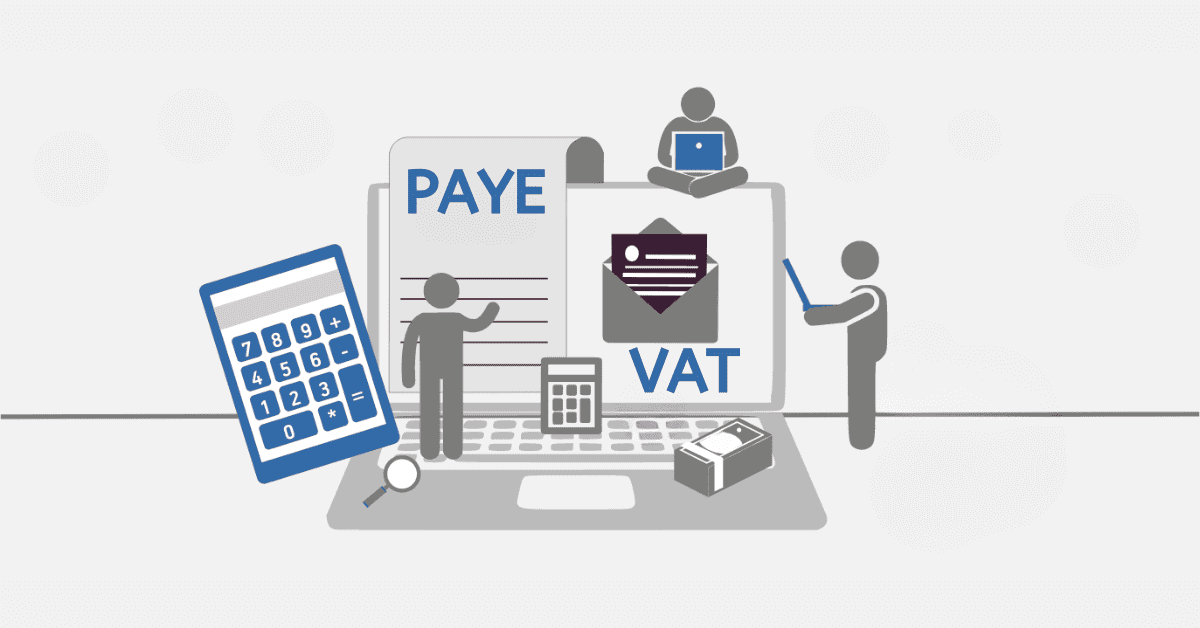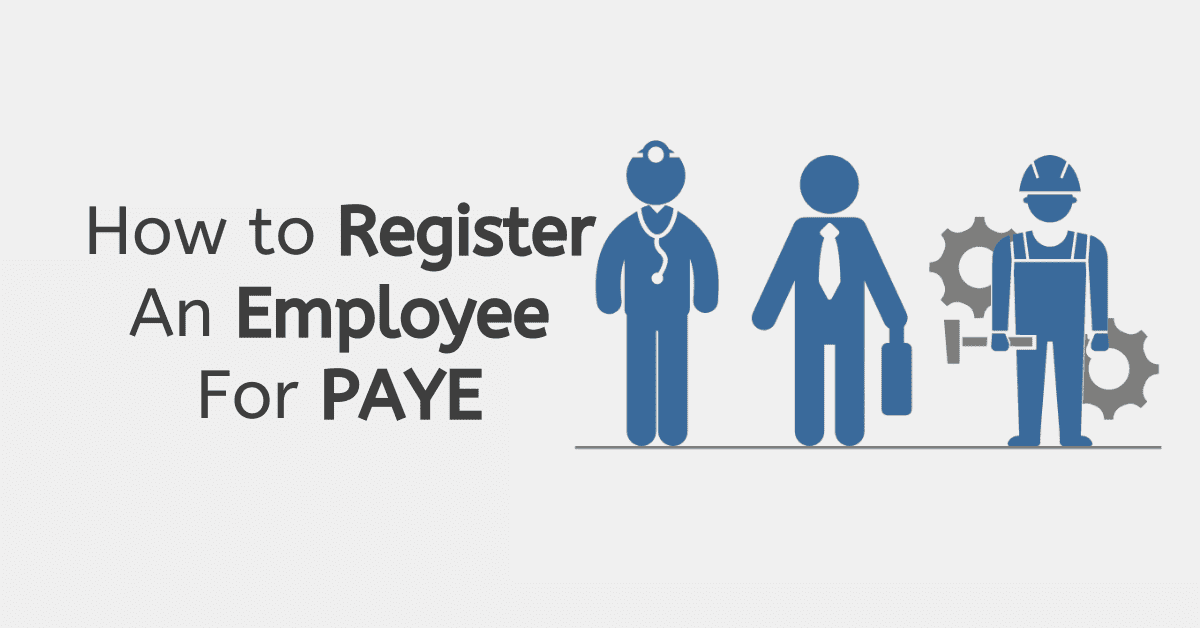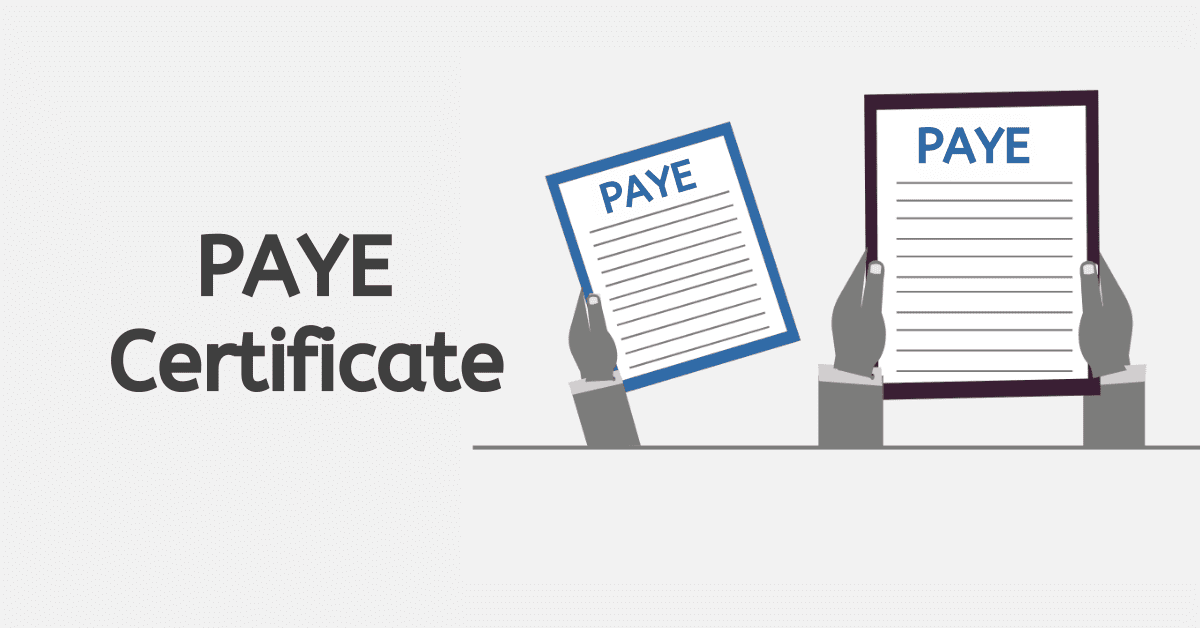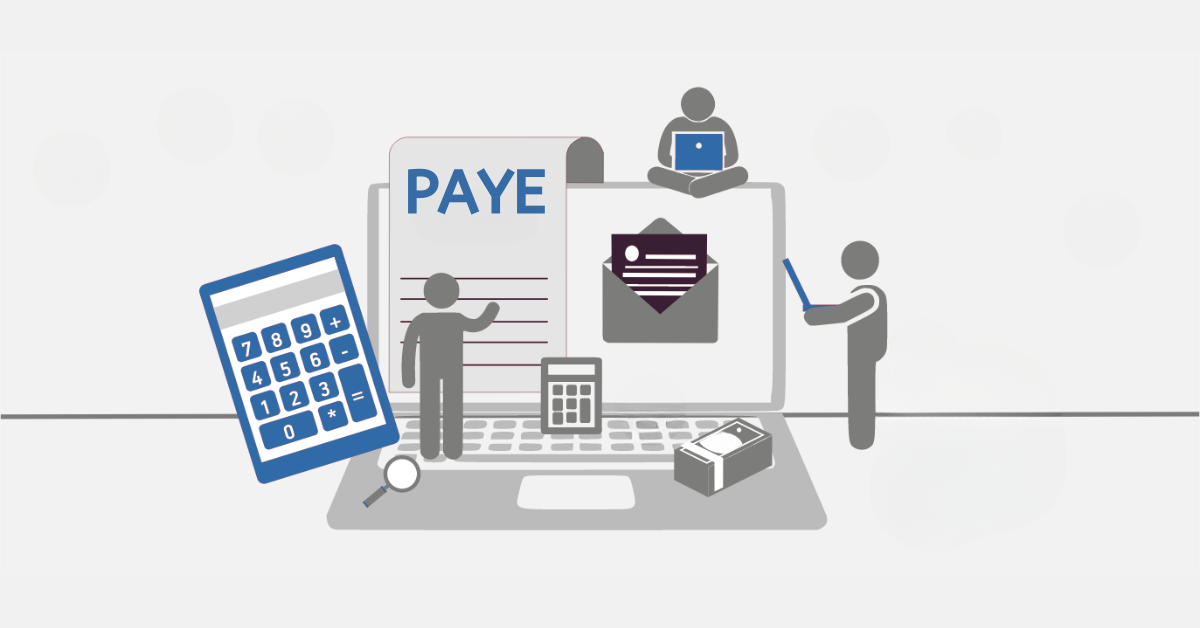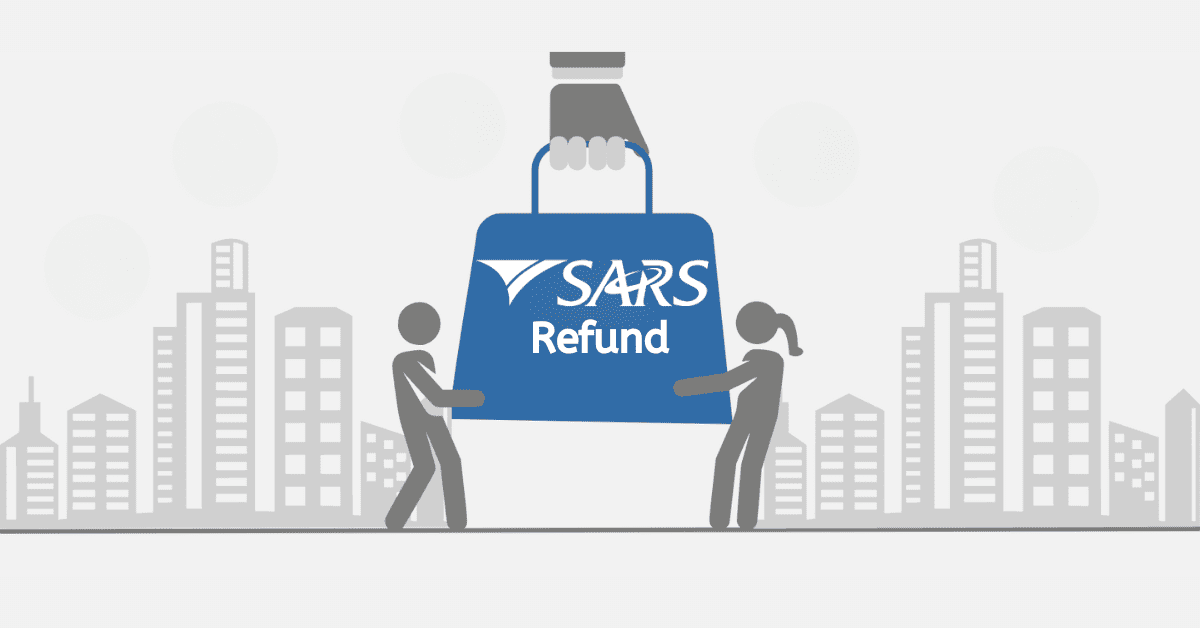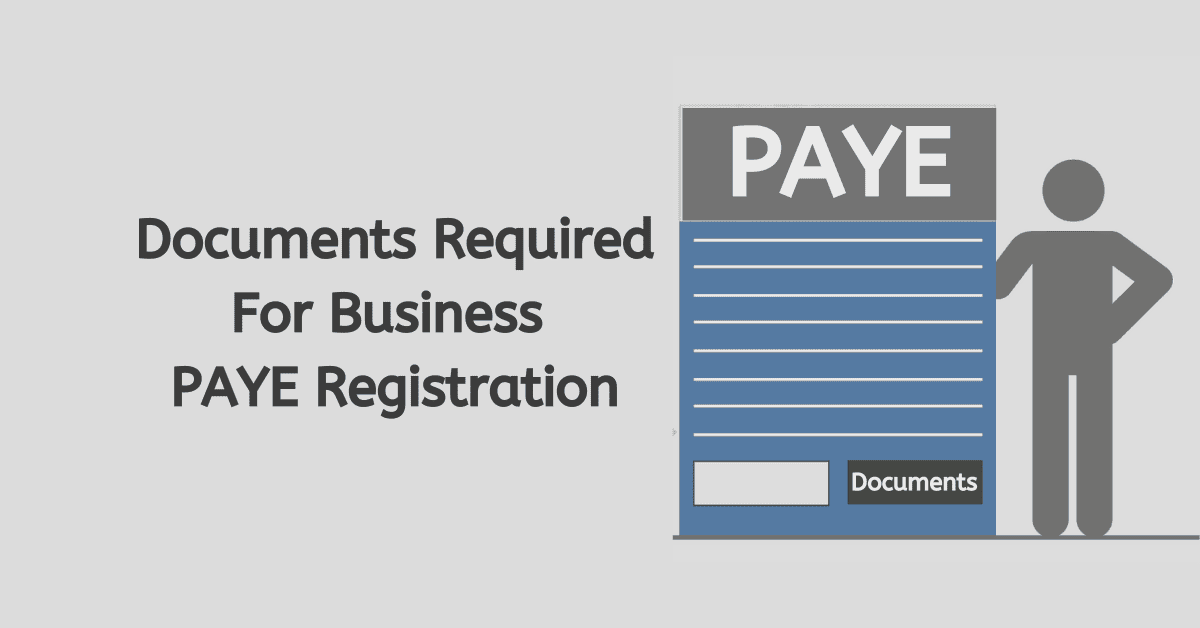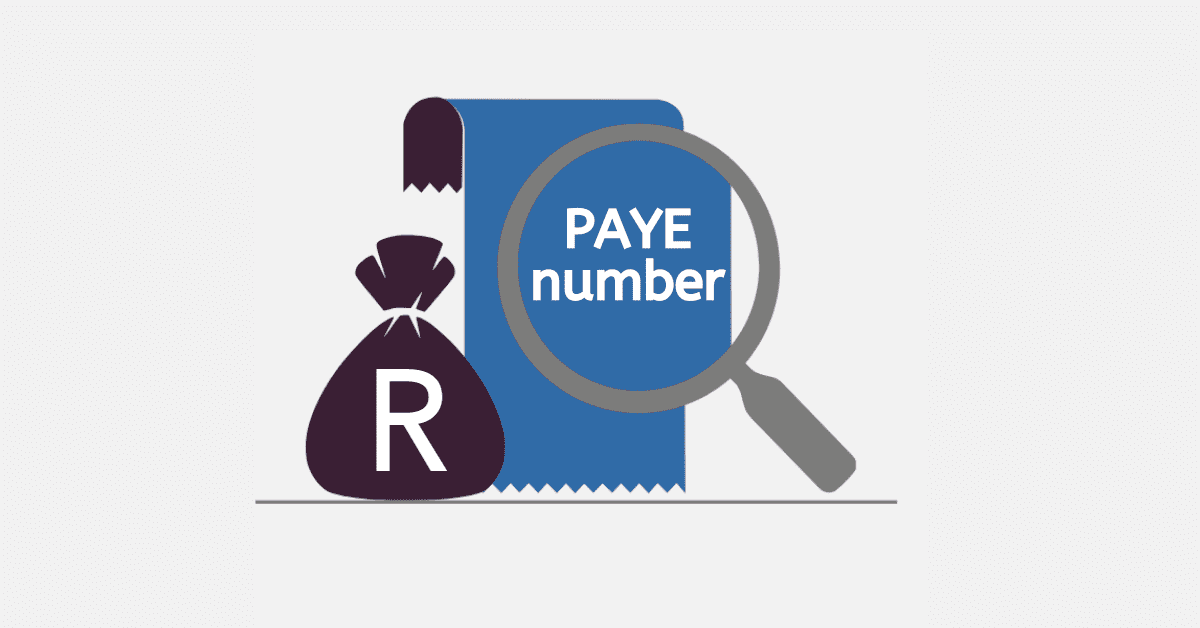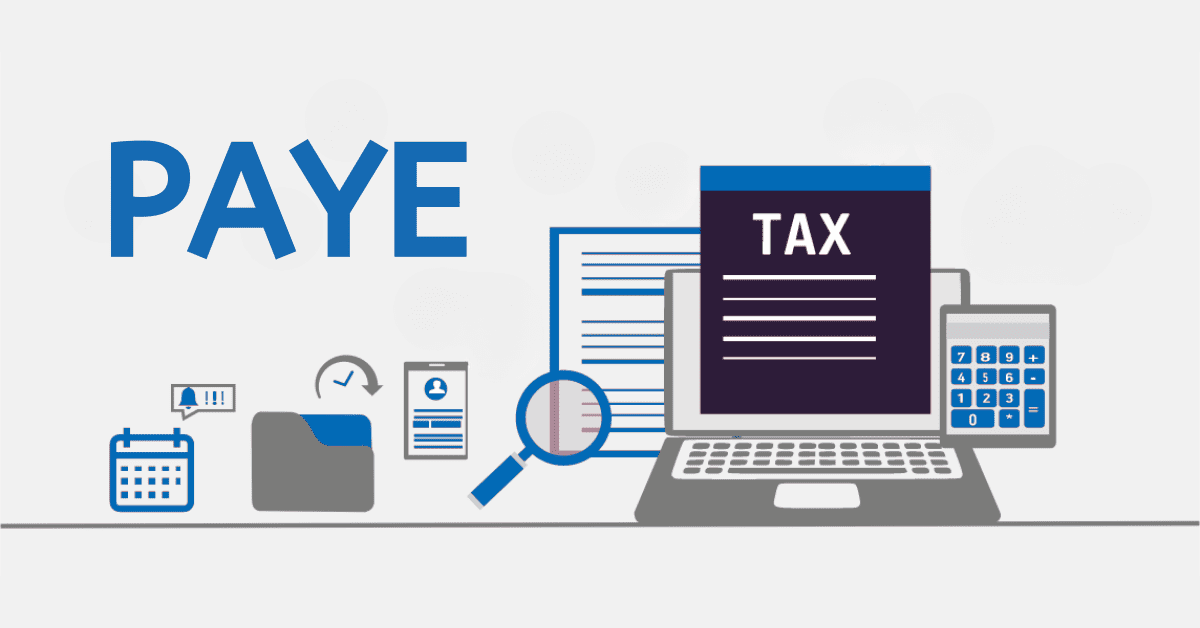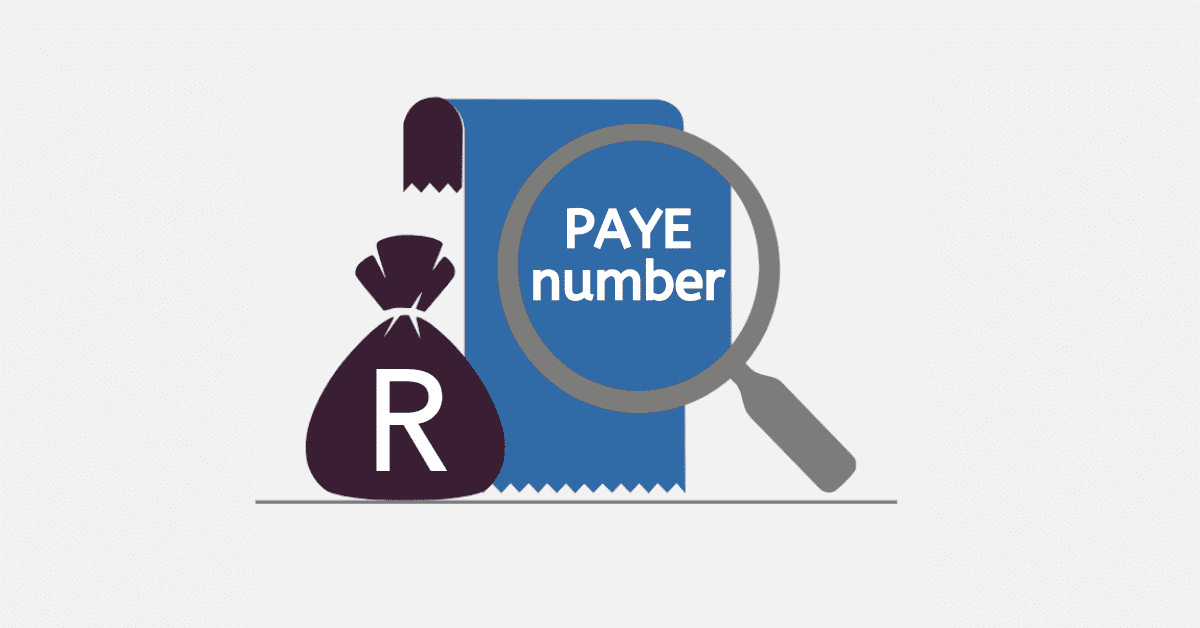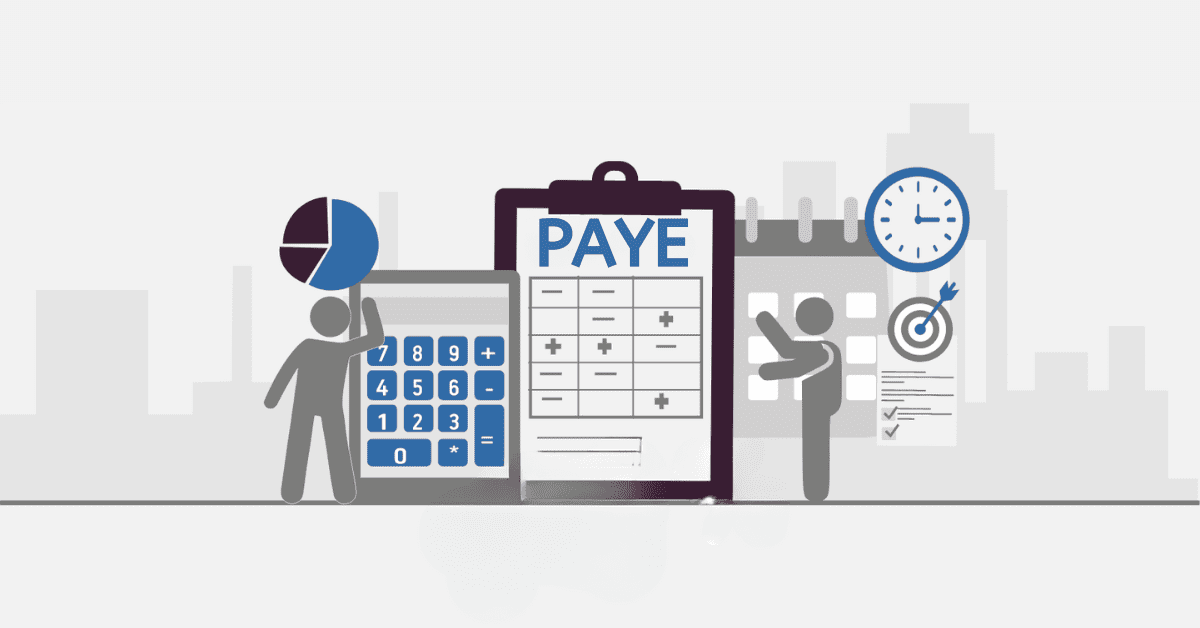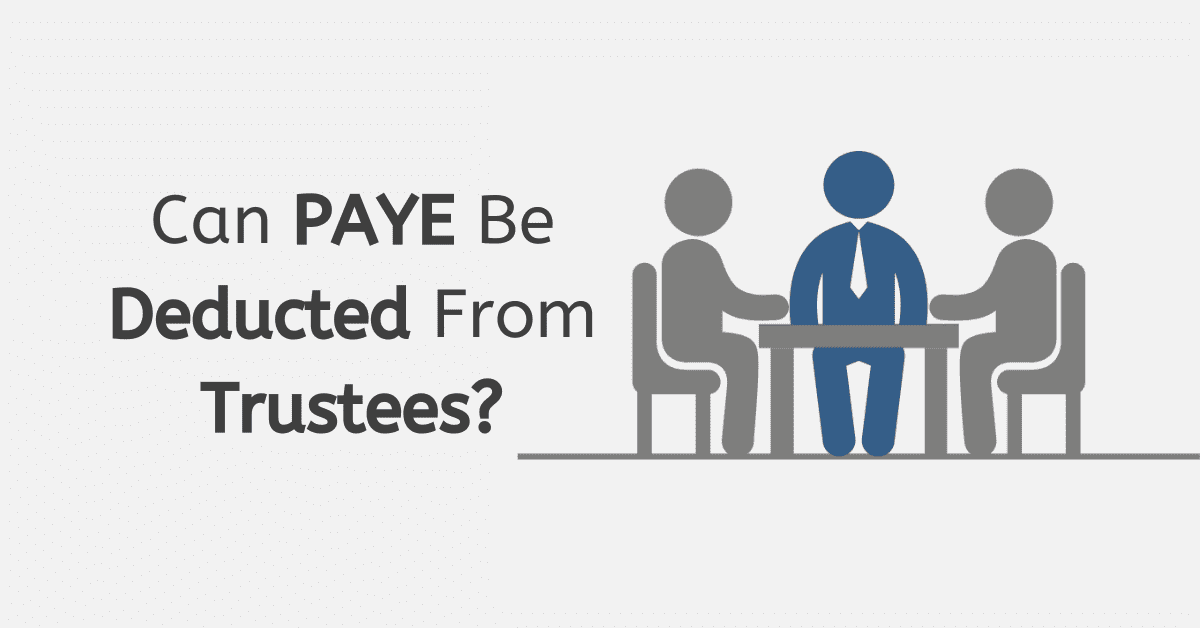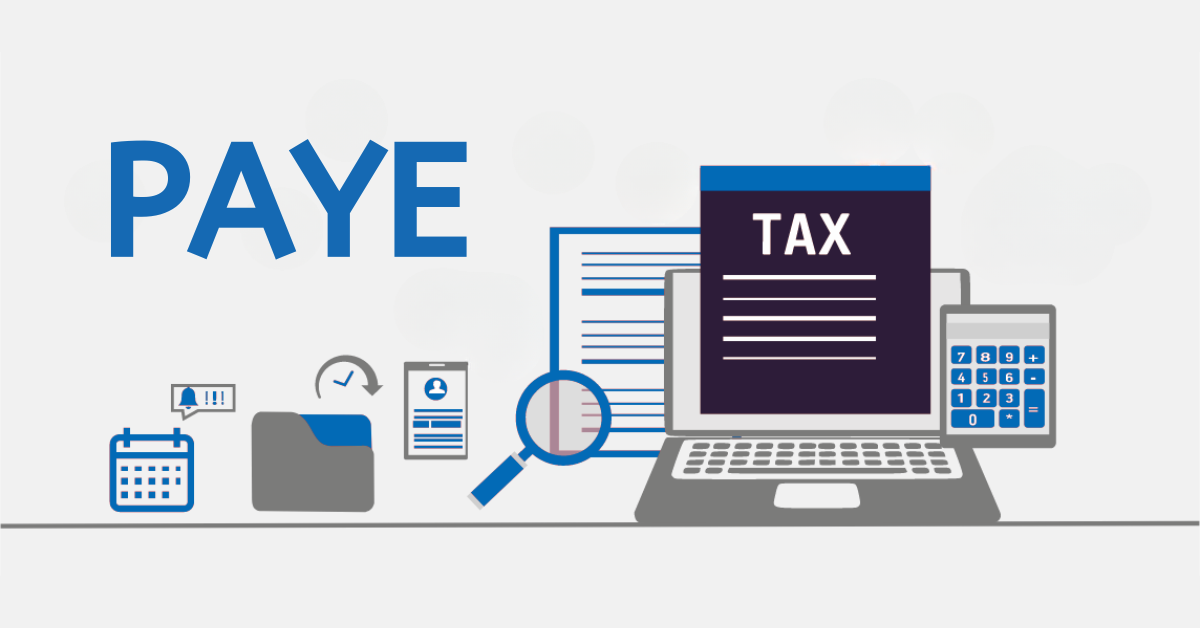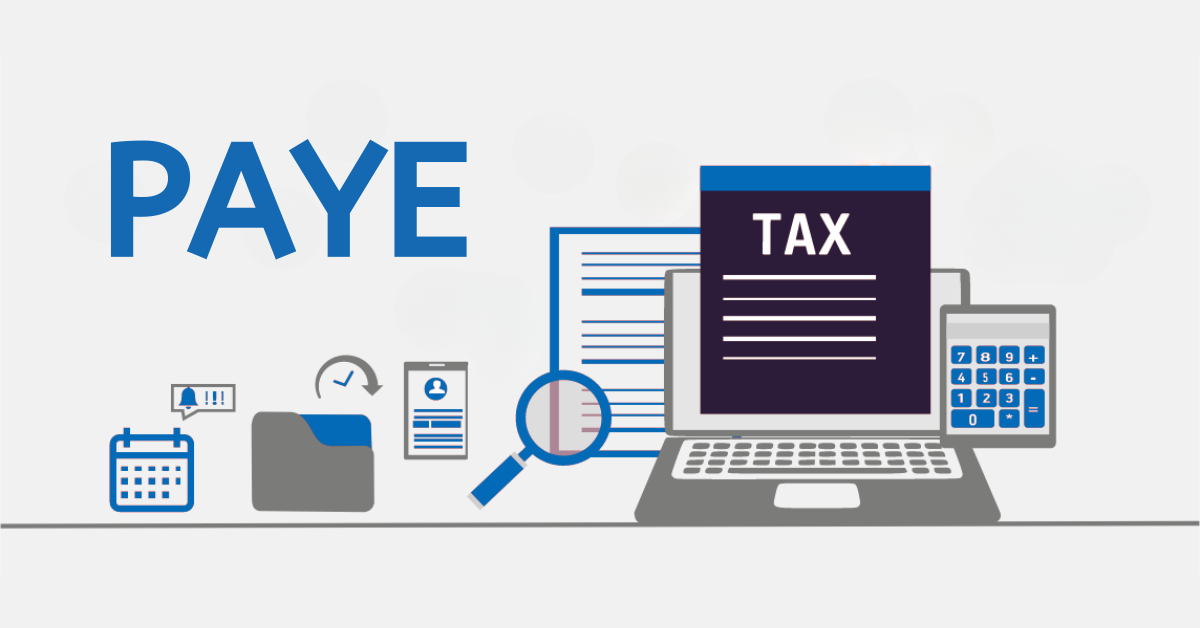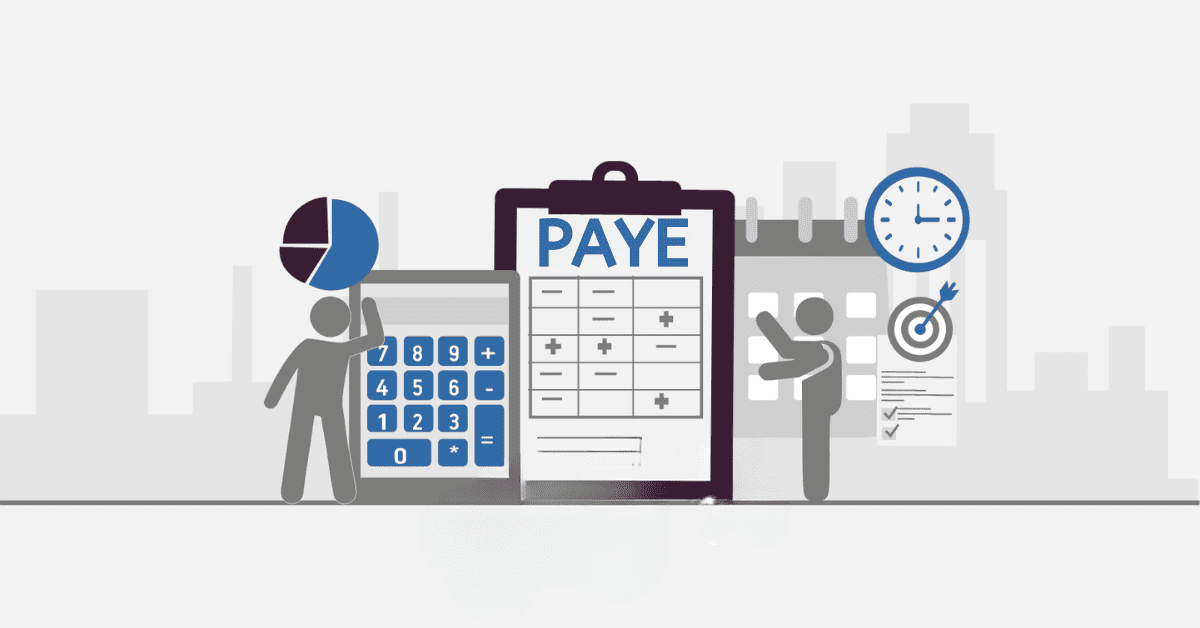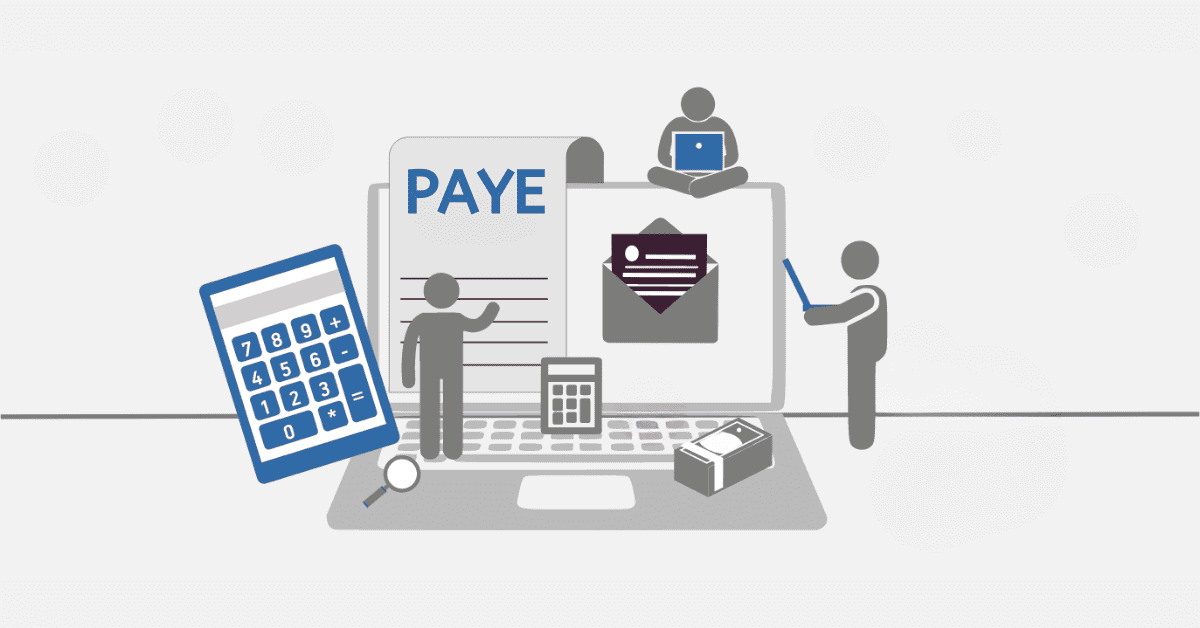The complexity of taxation in South Africa is always challenging; the issues arise from the various categories of taxes, income tax, PAYE, VAT etc. It is always a core duty of individuals living in South Africa to have a fair knowledge of the issue of taxation.
The progressive income tax system in South Africa adds to its complexity by incorporating various tax brackets and rates for both individuals and corporations. Staying up to date with frequent legislative changes and updates can make things more challenging, as it requires a constant dedication to compliance.
Taxation in South Africa is a complex matter due to various factors. These include a diverse tax system, progressive income tax structures, ever-changing VAT regulations, and policies on taxation.
As we continue to elaborate and dissect the taxation in South Africa, this blog post will be streamlined to highlight the rationale behind lower rates for PAYE as compared to individual tax rates. In the end, you should be able to spot if there are any differences in the various types of tax.
Why are PAYE rates lower than individual tax rates
One thing we must understand is that rates are applied accordingly while they look at the measure, quantity, figure or scale of product, commodity or service.
PAYE rates are of utmost importance when it comes to individual taxation. The rates are applied uniquely because of the specific features of the PAYE system.
Although PAYE rates may be similar to individual tax rates, they are implemented differently. Typically, individual tax rates are applied annually, considering the total income earned by an individual throughout the year.
On the other hand, PAYE rates are utilised. When it comes to taxes, many people often observe that their PAYE rates seem to be lower than their individual tax rates. The rationale for this considers the various factors like tax credits and rebates, which can affect the final amount.
Why the government collects less corporate tax than personal income tax?
The PAYE system was created to make tax collection easier by automatically deducting taxes from a person’s income as they earn it. This helps to maintain a consistent and predictable stream of tax income for the government.
In South Africa, the government collects less corporate tax compared to personal income tax. This is primarily due to a variety of factors. One of the reasons why corporate tax rates are frequently lower is to attract foreign investment and promote economic growth.
In addition, companies have the option to utilise legal tax planning strategies, such as deductions and incentives, which can help decrease their taxable income. Personal income tax is a significant way for the government to generate revenue. It is designed with progressive rates, meaning that higher-income individuals contribute a larger portion of their earnings.
Also, the tax bate for the personal income tax is really high which means more revenue can be collected from the working class who have taxable salaries.
Whether a company makes profit or not, once salaries are paid, the personal income tax must apply.
What is the difference between income tax and PAYE?
PAYE, also known as Pay As You Earn, is a system that deducts taxes directly from a person’s earnings, usually from their salary or wages. The employers must deduct PAYE from their employees’ incomes and send it to the South African Revenue Service every month. The amount of deduction depends on the employee’s income and the tax percentages set by SARS.
However, it is important to note that income tax is a broader term that includes various taxes imposed on an individual’s income.
Although PAYE is a component of income tax, it’s important to note that income tax in South Africa is managed by SARS. This encompasses various types of income, such as employment income, rental income, business income, investment income, and more.
The main difference lies in what is being examined: PAYE focuses on taxes related to an employee’s income, while income tax covers a wider range of taxes that apply to both individuals and companies.
What is the difference between PAYE and site tax?
Taxation is an important aspect in the world of finance, particularly when it comes to employees’ taxes. Both employers and employees need to have a good understanding of this subject. There are two main components to this tax: PAYE and site tax.
In essence, the employer must deduct this tax from an employee’s pay, regardless of whether it has already been paid or is still due. The process entails calculating and subtracting the appropriate amount of tax from an employee’s salary, considering the relevant tax rates and brackets.
Spreading out the employee’s tax liability throughout the year prevents them from having to pay a large sum of money all at once when the tax period ends. In other ways, site tax can be used as a method to calculate employees’ taxes. This is usually utilised for employees who receive a set or predetermined salary and do not have any extra deductions or allowances. The site tax platform makes tax calculations easier by using a single flat tax rate for calculating an employee’s remuneration.
What is the PAYE tax rate in South Africa?
The PAYE tax system in South Africa is set up to use a progressive taxation method. The implication is that people with better incomes are more responsible for paying their fair share of taxes.
Here are the various PAYE tax rates in South Africa that can be beneficial to know.
- Those with taxable incomes of around R226,000 South African Rand pay 18% of that income in taxes.
- The PAYE tax rate is R40,680 + 26% of the taxable income above R226,000 for people whose income is between R226,001 and R353,100.
- When someone’s taxable income is between R353,101 and R488,700, they must pay R73,726 in PAYE taxes plus 31% of any amount over R353,100.
- PAYE R115,762 plus 36% of taxable income over R488,700 for incomes between R488,701 and R641,400.
- If your income is between R641,401 and R817,600, the PAYE tax rate is R170,734 plus 39% of the amount over R641,400.
- If your taxable income is between R817,601 and R1,731,600, the PAYE tax rate is R239,452 plus 41% of your taxable income over R817,600.
- People whose taxable income is more than R1,731,601 are taxed at a rate of R614,192 plus 45% of the amount over R1,731,600.
